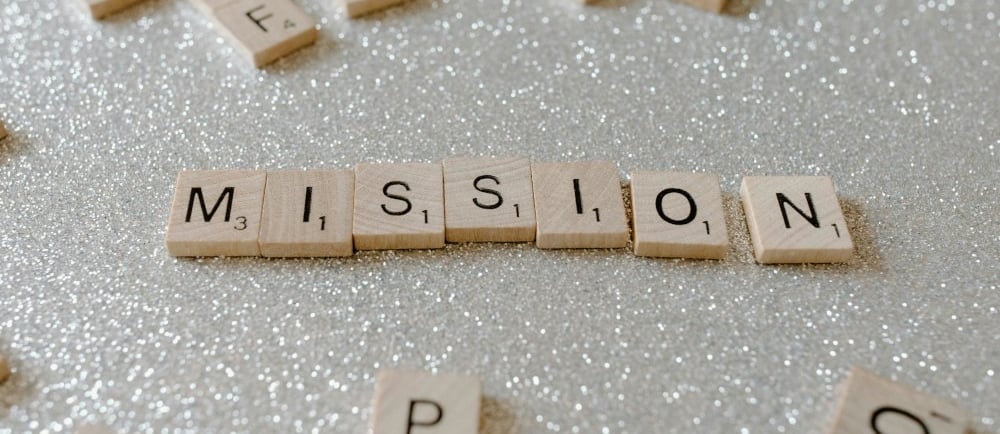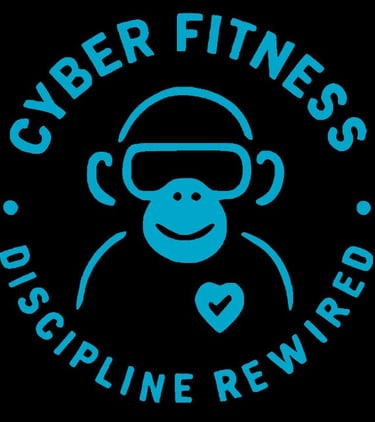Setting goals.
Setting goals that actually stick. Dream big, break it down, and build a life with direction and discipline. Simple tools, real momentum, long-term change.


Setting goals can feel both massive and flimsy at the same time. One moment you’re fired up, convinced you’re about to change your life. The next, you’re standing in the kitchen wondering why the hell you can’t stick to even the simplest promise you made to yourself. I’ve been there. Still visit sometimes.
When I started my own self-improvement kick years ago - back in my tiny two-bedroom apartment. I bought a cheap whiteboard from Kmart and hung it in the kitchen where I had no chance of ignoring it. Right in the walkway. You couldn’t get to anywhere in the house without looking at it. That was the point. Subtle reminders never worked for me; I needed something loud, obvious, a little bit obnoxious. That whiteboard became my command centre. My scoreboard. My future, scribbled in coloured markers.
There’s science behind why that stupid whiteboard worked. Edwin Locke and Gary Latham - two psychologists who spent decades studying how and why goals actually change behaviour - found that when you set specific and challenging goals, your brain switches gears. It narrows in. You focus better, push harder, and you’re more likely to follow through. It’s like giving your mind a destination instead of telling it to “just wander in a good direction.” We all know how that ends.
But a goal is pointless if it just lives in your head. That’s the graveyard. You need it out in the world. In front of your face. Showing its teeth.
That’s why I love goal boards, whiteboards, giant sketch pads, corkboards covered in scribbles - the physical kind. When you force your goal into reality, even if it’s just ink on a surface, something shifts. My whiteboard became a little altar of accountability. Big goals, little goals – all jumbled up. Written down as I thought of them. Some doable relatively soonish, some huge leaps from my current abilities. Things that mattered to me. Every time I walked past it, my brain got a tiny jab: “You said you were doing this. Are you doing it?” And weirdly, that jab kept me honest.
There’s a habit-loop psychology to it that you can’t ignore. Clear goals create discomfort when you drift away from them - a sort of mental tension that pushes you back on track. Neuroscience people call it cognitive dissonance. Culture Partners describe how your brain literally aligns its attention and behaviour when you commit to a goal and make it visible. So the goal board was just science doing its thing while I lived my life around it.
The trick - the real trick - is dreaming big but building small. I’m a big believer in letting yourself want something ridiculous. Something that scares you a bit. Something that makes you feel like an imposter when you whisper it out loud. Then break it down into the smallest, most achievable steps imaginable. You don’t become a writer in a day; you write 100 rough words before work. You don’t become financially free instantly; you start with a side hustle that maybe makes you twenty bucks. You don’t build the perfect body this week; you show up to the gym even when you feel flat. Big dream, small engine. That’s the mix.
Don’t underestimate how much your environment shapes you. That whiteboard in the kitchen didn’t force me to do anything. It just made the goal feel alive. Friends mentioned it when visiting, leading to conversations that made the dreams more real. If you hide your goal board in a drawer or on your phone, it dies. Put it somewhere it stares at you: bedroom wall, office door, inside the pantry, hell - slap it on the bathroom mirror if you have to. Every glance is fuel.
If you’re burnt out on goals entirely, set intentions instead: softer, kinder versions of the same thing. Instead of “lose 5 kilos,” try “move my body most days and eat in a way that feels good”. It’s easy to forget, sometimes softness delivers harder results.
At the end of the day, setting goals is an act of defiance. You’re drawing a line between who you’ve been and who you want to be. You’re saying, “I’m not staying here.” And even if you mess up, stall out, spiral a little - the goal pulls you back. The path adjusts. You point your feet in the right direction and you try again. That’s the whole point. Not perfection. Direction.
So tonight, do what I did all those years ago. Grab a whiteboard, a notebook, a sketchpad - anything. Write one big goal at the top, or in the middle, whatever. Something you actually want, not something that sounds good. Underneath, write three small steps. Not ten. Not twenty. Just three things you could start this week. Repeat the steps if there’s more you can think of. There should be more. Variety is the spice n all that. Build a vision board worth getting excited about. Dare to dream. Dare to make that dream a reality.
Then stick it somewhere you can’t avoid it.
You’ll be surprised how quickly your life starts rearranging itself around that simple act.
Where to start?
Grab a whiteboard, a notebook, a sketchpad - anything. Write one big goal at the top, or in the middle, whatever. Something you actually want, not something that sounds good. Underneath, write three small steps. Not ten. Not twenty. Just three things you could start this week. Repeat the steps if there’s more you can think of. There should be more. Variety is the spice n all that. Build a vision board worth getting excited about. Dare to dream. Dare to make that dream a reality.


